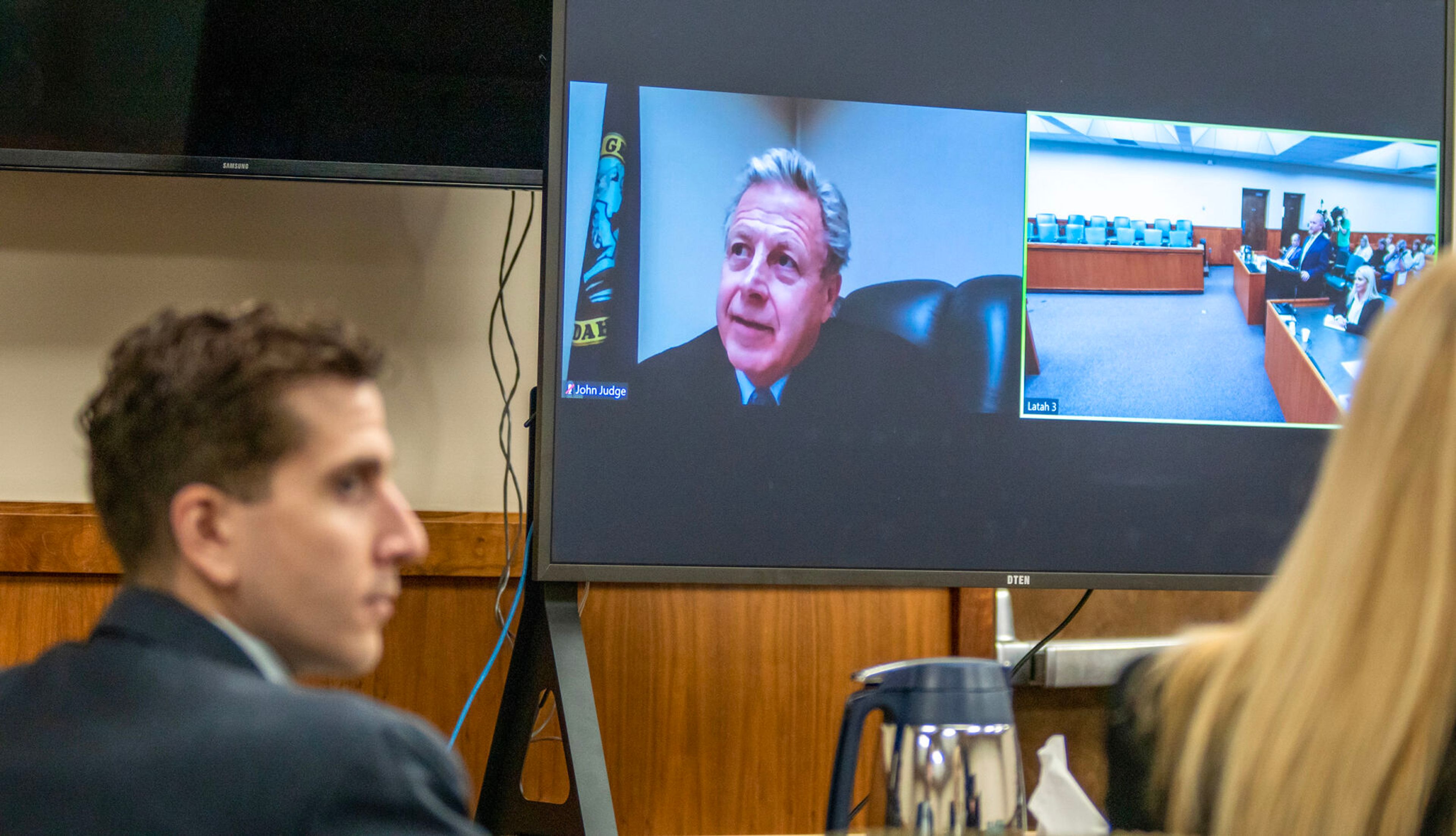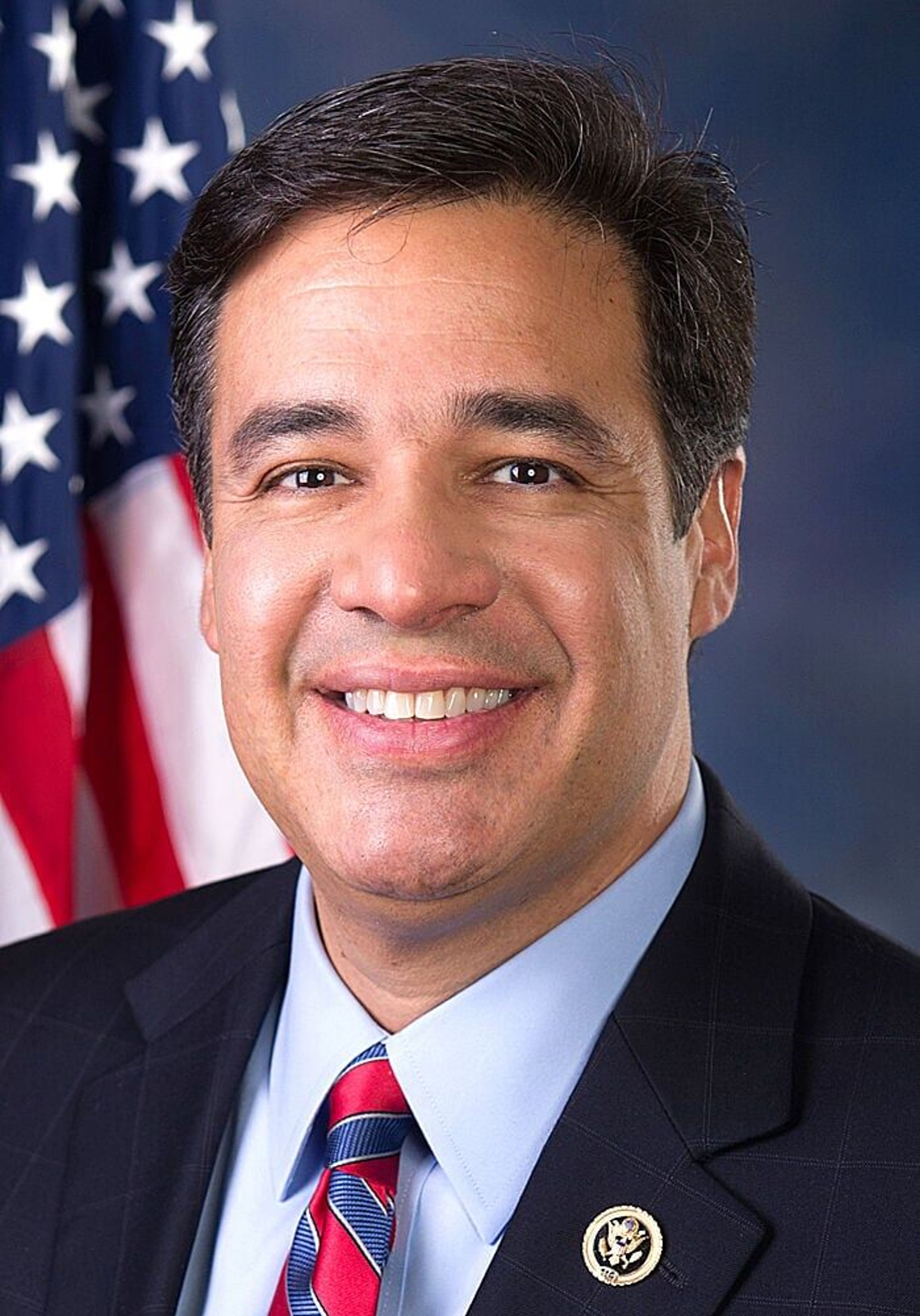Snake River dam litigation granted a stay
The case is now in a time-out through July 31, 2022
Breaching advocates and the Biden administration have a nine-month window to craft a possible end to 20-years of salmon-and-dams litigation on the Snake River.
On Tuesday, Federal Judge Michael Simon, of Portland, granted a stay request submitted jointly by the plaintiffs — the Nez Perce tribe, Oregon and environmental groups — and the federal defendants.
The two sides have sparred since 2001 in a series of court filings in which the tribe, state and conservation groups charged the federal government’s evolving plan to balance operation of Snake and Columbia river dams with the needs of protected salmon and steelhead violated the Endangered Species Act.
Thus far, the plaintiffs have prevailed in each round with Simon and his predecessor, Judge James Redden, sending those plans known as biological opinions back to the drawing board.
The tribes and other plaintiffs say the lower Snake River should be restored to a free flowing state by breaching the earthen portions of Lower Granite, Little Goose, Lower Monumental and Ice Harbor dams in eastern Washington. Breaching would eliminate fish mortality caused by the dams but also reduce power generation and tug-and-barge transportation, which farmers use to move their crops to market.
The federal government has said breaching would give wild populations of Snake River spring chinook, fall chinook, steelhead and sockeye the best shot at recovery. Even so, agencies like the Army Corps of Engineers, Bureau of Reclamation and Bonneville Power Administration along with the National Marine Fisheries Service under successive administrations have rejected the idea as too costly.
The Biden administration hasn’t backed breaching but appears willing to at least discuss the action, which has gained momentum over the past several months. In February, Rep. Mike Simpson of Idaho’s 2nd Congressional District unveiled his $33.5 billion concept that would breach the dams and make investments in affected communities and industries. On Friday, Gov. Jay Inslee and Sen. Patty Murray of Washington said they would spend the next nine months seeking replacements for the services provided by the dams.
The government’s latest plan was approved in 2020 under the Trump administration. It calls for the Snake River dams to stay in place but for water to be spilled at the dams to help speed river flows and the migration of juvenile salmon and steelhead to the Pacific Ocean. But the plan allows spill to be curtailed and more water to be diverted into hydroelectric turbines for as many as 8 hours per day when energy demand and thus prices are high.
The plaintiffs, who filed a challenge to the plan in January, had asked Simon to order 24-hour spill as the case proceeds. That request and the rest of the case is now in a time-out through July 31.
“The parties explain that they currently are in good faith discussions to resolve the entire litigation and that they have reached an agreement regarding short-term operations of the Federal Columbia River Power System, including spill operations, which is the subject of pending motions of preliminary injunction,” Simon wrote in granting the stay.
Simon denied a motion from James Waddell, a former civilian employee of the Army Corps of Engineers overseeing the Snake River dams, opposing the stay and instead asking Simon to breach the dams by court order. Simon said the request was premature, since parties to the suit had neither asked for breaching nor made the case that he had the power to order it.
Barker may be contacted at ebarker@lmtribune.com or at (208) 848-2273. Follow him on Twitter @ezebarker.






